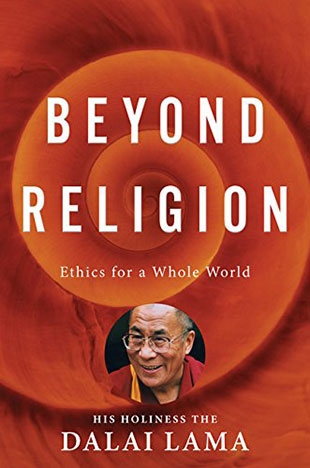His Holiness the Dalai Lama is the spiritual and temporal leader of the Tibetan people. His persistent efforts and teachings about human rights and world peace have brought him global acclaim. In this follow-up to Ethics for the New Millennium, he presents a cogent and fresh vision of a third way beyond religion and secularism that can lead to unity and a global community based on trust and reverence for all.
All religions, according to the Dalai Lama, have provided humanity with teachings about inner values (kindness, honesty, patience, and forgiveness) that can serve the common good. At the same time, many religions have promoted divisiveness and war based on ideologies of exclusivism. This activity has been roundly criticized by secularists who yearn for a world beyond conflict between "us" and "them."
As an alternative to the long and senseless battles between science and religion, the Dalai Lama suggests a spirituality that moves beyond the limited purviews of secularism (progress, materialism, consumerism, etc.), science, and religion to an ethics that promotes the oneness of the human family. The central foundations of this spirituality are compassion, justice, and forgiveness. This ethical vision is needed as we face the global challenges of technological progress, peace, environmental destruction, greed, science, and educating future generations.
In the remaining chapters of the book, the Dalai Lama offers spiritual practices from Tibetan Buddhism which can advance the cause of ethical mindfulness he has described: restraint, non-violence, awareness, virtue, and altruism. The education of the heart also covers dealing with destructive emotions, cultivating key inner values, and practicing meditation.
